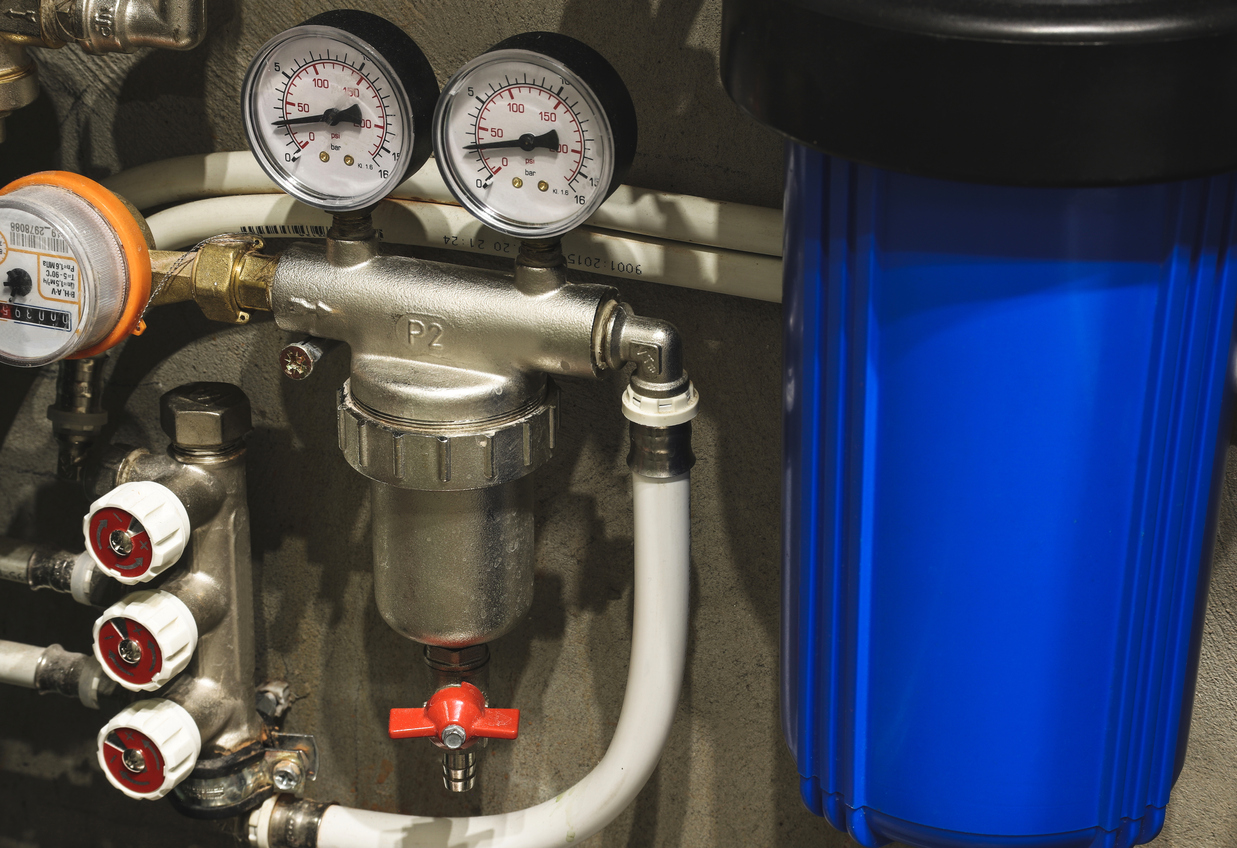Why You Should Consider a Water Purification System in Nigeria
Why You Should Consider a Water Purification System in Nigeria
Water purification systems have become a necessity in complex and challenging times. Many countries are battling droughts, contaminated water sources, and the spread of diseases caused by unclean water. As such, many Nigerians have turned to water purification systems as the best solution for their homes. We live in an era where clean water is harder to find than ever before. Unsafe drinking water has been found to lead to serious health issues including dysentery, cholera and green fever. In fact, it is reported that every year about 1 million people die from drinking contaminated water. Whether you live in a city or somewhere in the middle of a forest, having your own personal filtration system will help you get rid of contaminants in your local water supply before they can make you sick. In this article, we’ll go over everything you need to know about these systems and whether they’re right for you!
What is a Water Purification System?
A water purifier is a device that is used to cleanse and filter impurities from water. Water may flow through the device in a variety of ways, such as through an ion exchange, through a semi-permeable membrane, or through a UV treatment process. The device that cleans the water may be a part of a larger device that has other functions as well, such as a refrigerator with a water dispenser. When selecting a water purifier, it’s important to know if it works to filter out chemicals, bacteria, and heavy metals. These are the contaminants that are the most harmful to humans, so they’re the ones you’ll want to look for! Filters are one of the easiest ways to improve the quality of the water that comes out of your tap. Many come with replaceable cartridges so you don’t have to replace the entire unit!
Why are Water Purification Systems Beneficial?
Water purification systems have become a necessity in complex and challenging times. Many countries are battling droughts, contaminated water sources, and the spread of diseases caused by unclean water. As such, many Nigerians have turned to water purification systems as the best solution for their homes. These systems provide you with clean water without having to wait for government assistance. They also help to reduce the risk of contamination that comes from bacteria, chemicals, and heavy metals. In addition, water purification systems save you money! Water purification systems are easy to maintain and can be used for years. They are also portable and can be purchased for a reasonable price. There are several types of water purification systems on the market, so you’ll want to choose one that meets your needs!
How do water purification systems work?
Before we get into the different types of water purification systems, it’s important to understand how these systems work! The first step in any water purification system is to remove particulate matter. This is usually done through passing the water through a mesh filter. This removes dirt and other materials that could make the water taste bad or be harmful to the people that drink it. Next, water purification systems use an electrochemical or physical process to remove different types of contaminants. This process is called ion exchange. A water purification system will typically have a negatively charged electrode and a positively charged electrode in its filter. In this process, cations such as sodium and calcium are removed from water and are exchanged for hydrogen ions. Anions such as chloride and sulphate are removed from water and are exchanged for hydroxide ions. Water purification systems use a semi-permeable membrane to remove certain contaminants. This membrane will have a certain pore size that allows certain molecules smaller than the size of the pores to pass through it. These semi-permeable membranes are able to remove specific ions by blocking them from passing through the membrane.
Types of Water Filtration Systems
There are several different types of water filtration systems on the market. Below are some of the most popular choices. – Filtration Based Purification Systems – Filtration based purification systems use a membrane filter to remove contaminants from water. As water passes through the filter, the membrane is able to remove things like bacteria, metals, and minerals that would otherwise be harmful to humans. – UV Purification Systems – UV purification systems use ultraviolet light to kill bacteria and microorganisms in water. This process is called disinfection! – Reverse Osmosis Systems – Reverse osmosis systems are able to remove up to 99% of contaminants from water. They use a high-pressure pulse that forces the water through a semi-permeable membrane. This membrane traps the contaminants while allowing the clean water to pass through. – Mineralization Purification Systems – Mineralization purification systems use ion exchange to add minerals such as calcium, magnesium, and potassium to water. These minerals are commonly found in tap water and are often removed by standard water filters. – Bottle Based Purification Systems – Bottle based purification systems use an activated carbon filter to remove contaminants from water. Activated carbon filters are able to trap contaminants by attracting them with a positive charge.
Bottom line
Water purification systems are an important part of any home. They help to reduce the risk of contamination that comes from bacteria, chemicals, and heavy metals. There are many different types of water filtration systems on the market. Whatever your needs may be, you’ll be able to find a system that fits your budget and lifestyle! Remember to keep your system clean and change the filter when necessary. This will help to extend the life of the system and keep your water tasting great!








LEAVE A COMMENT
You must be logged in to post a comment.